Home>Gardening & Outdoor>Landscaping Ideas>When To Fertilize My Bermuda Grass
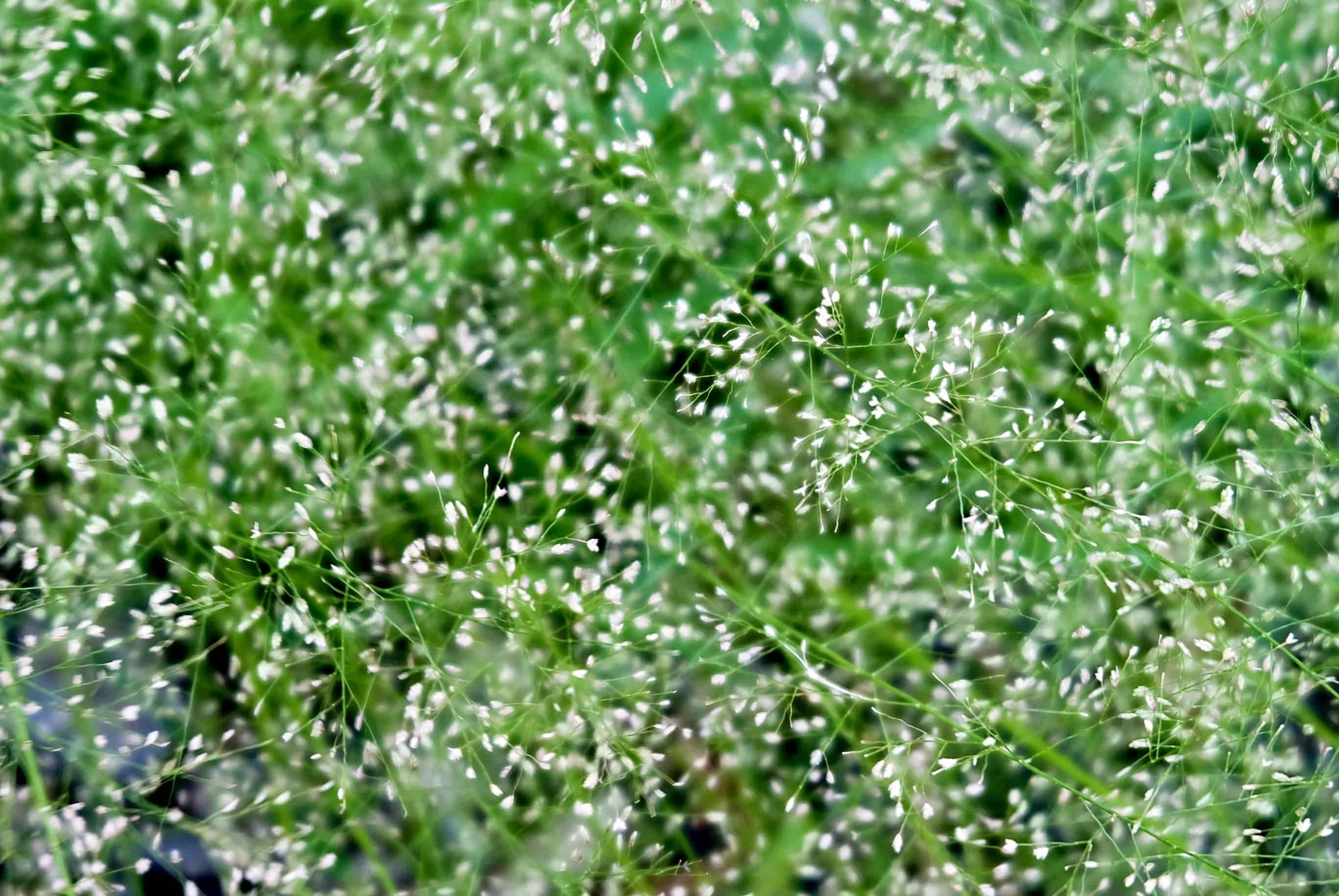

Landscaping Ideas
When To Fertilize My Bermuda Grass
Modified: March 25, 2024
Learn the best timing and techniques for fertilizing Bermuda grass to achieve a lush, healthy lawn with our expert landscaping ideas. Discover the ideal schedule for feeding your Bermuda grass.
(Many of the links in this article redirect to a specific reviewed product. Your purchase of these products through affiliate links helps to generate commission for Storables.com, at no extra cost. Learn more)
**
Introduction
**
When it comes to maintaining a lush and vibrant lawn, fertilization is a crucial aspect of caring for Bermuda grass. Understanding the optimal timing for fertilizing this warm-season grass can significantly impact its health and appearance. By delving into the nuances of Bermuda grass and the factors influencing its fertilization, you can cultivate a deeper appreciation for this resilient and versatile turf. In this comprehensive guide, we will explore the best practices for fertilizing Bermuda grass, including the ideal timing and signs of over-fertilization. Whether you're a seasoned lawn care enthusiast or a novice homeowner looking to elevate your landscaping game, this article aims to equip you with the knowledge and insights needed to nurture a thriving Bermuda grass lawn. So, let's embark on this enlightening journey into the world of Bermuda grass fertilization and uncover the secrets to achieving a verdant and resilient lawn.
Key Takeaways:
- Fertilize Bermuda grass in early spring for a lush lawn. Apply a balanced fertilizer in late spring to early summer to support growth, and again in late summer to fortify the grass for the upcoming season changes.
- Watch out for signs of over-fertilization, such as excessive growth, scorched appearance, and increased susceptibility to pests. Adjust fertilization practices to maintain a healthy and vibrant Bermuda grass lawn.
Read more: When To Fertilize My Grass
Understanding Bermuda Grass
Before delving into the specifics of fertilization, it’s essential to grasp the characteristics of Bermuda grass. This warm-season turf grass is prized for its exceptional heat tolerance, making it a popular choice for lawns in regions with hot summers. Bermuda grass exhibits a fine texture and a vibrant green hue, lending a visually appealing and inviting aesthetic to landscapes.
One of the key attributes of Bermuda grass is its rapid growth rate, which contributes to its ability to quickly recover from stress and wear. This resilience makes Bermuda grass well-suited for high-traffic areas, such as sports fields and recreational spaces. Additionally, its vigorous growth habit enables it to fill in bare patches and withstand frequent mowing, resulting in a dense and uniform lawn.
Furthermore, Bermuda grass thrives in full sun and requires well-drained soil to prevent waterlogging, which can lead to root suffocation and disease. Its adaptability to various soil types, including sandy and clay soils, underscores its versatility and widespread appeal among homeowners and landscapers.
By understanding the inherent traits of Bermuda grass, you can tailor your fertilization approach to complement its growth patterns and nutritional needs. With this knowledge as our foundation, we can now explore the factors that influence the fertilization of Bermuda grass, paving the way for a flourishing and resilient lawn.
Factors Affecting Fertilization
Several key factors play a pivotal role in determining the optimal fertilization regimen for Bermuda grass. By considering these influential elements, you can fine-tune your approach to maximize the health and vibrancy of your lawn.
Soil Quality:
The composition and pH level of the soil directly impact the availability of essential nutrients to Bermuda grass. Conducting a soil test can provide valuable insights into the soil’s nutrient levels and pH, guiding the selection of fertilizers tailored to address any deficiencies or imbalances.
Nutrient Requirements:
Bermuda grass has specific nutritional needs, with primary macronutrients including nitrogen (N), phosphorus (P), and potassium (K) playing crucial roles in its growth and development. Understanding the grass’s nutrient requirements is essential for formulating a balanced fertilization plan that promotes robust root development, lush foliage, and overall resilience.
Climate and Season:
The local climate and seasonal variations influence the growth patterns and nutrient uptake of Bermuda grass. In warmer months, the grass exhibits heightened metabolic activity, necessitating a strategic fertilization schedule to coincide with its peak growth phases and nutrient demands.
Watering Practices:
Effective irrigation practices are integral to the success of fertilization efforts. Proper watering not only aids in the distribution of nutrients within the soil but also ensures that Bermuda grass can efficiently absorb and utilize the applied fertilizers. Consistent and adequate moisture levels are essential for optimizing the benefits of fertilization.
Grass Health and Stress Factors:
The overall health of Bermuda grass, as well as any environmental stressors it may encounter, can impact its response to fertilization. Factors such as excessive foot traffic, pest infestations, or extreme weather conditions can influence the grass’s nutrient requirements and its ability to utilize fertilizers effectively.
By taking these influential factors into account, you can tailor your fertilization approach to align with the specific needs of Bermuda grass, setting the stage for a resilient, vibrant, and visually captivating lawn.
Fertilize Bermuda grass in late spring or early summer when it’s actively growing. Use a balanced fertilizer with equal parts nitrogen, phosphorus, and potassium for best results.
Best Time to Fertilize Bermuda Grass
Fertilizing Bermuda grass at the opportune moments is pivotal in nurturing its health and vitality throughout the growing season. Understanding the seasonal dynamics and growth patterns of this warm-season grass is instrumental in determining the best times to apply fertilizers for optimal results.
Spring:
As Bermuda grass emerges from its dormant state and embarks on a phase of active growth, early spring presents an ideal window for the initial fertilizer application. This early boost of nutrients supports the grass as it undergoes rapid green-up and begins to actively photosynthesize, laying the foundation for a lush and resilient lawn.
Summer:
During the summer months, Bermuda grass thrives in the heat and sunlight, exhibiting vigorous growth and increased metabolic activity. Applying a balanced fertilizer in late spring to early summer can sustain the grass’s nutritional requirements, bolstering its endurance against heat stress and promoting a dense and verdant turf.
Late Summer:
As the summer heat persists, a second round of fertilization in late summer can fortify the grass ahead of the transition into the cooler months. This application provides essential nutrients to support Bermuda grass as it prepares for the upcoming seasonal changes, ensuring that it remains robust and resilient.
Early Fall:
Amid the transition to fall, Bermuda grass benefits from a well-timed fertilizer application to replenish essential nutrients and fortify its root system. This proactive approach strengthens the grass, enabling it to withstand potential stressors and sustain its vigor as temperatures begin to moderate.
Late Fall:
As Bermuda grass gradually enters dormancy, a late fall fertilizer application can bolster its nutrient reserves, enhancing its ability to endure the winter months and emerge vigorously when spring arrives. This strategic feeding contributes to the grass’s overall health and sets the stage for a resilient and vibrant lawn in the following growing season.
By aligning fertilization with the distinct growth stages and seasonal demands of Bermuda grass, you can optimize its nutrition uptake and fortify its resilience, culminating in a lush, verdant lawn that beckons with its natural beauty and vitality.
Signs of Over-Fertilization
While providing essential nutrients is crucial for the health of Bermuda grass, over-fertilization can lead to detrimental effects that compromise the grass’s well-being and overall aesthetic appeal. Recognizing the signs of over-fertilization is essential for mitigating potential damage and maintaining a balanced approach to lawn care.
Excessive Growth:
One of the telltale signs of over-fertilization is an abnormal surge in grass growth, characterized by rapid and vigorous expansion. This accelerated growth can result in an overly lush lawn that requires frequent mowing and may become susceptible to thatch buildup, hindering the grass’s access to essential air, water, and nutrients.
Scorched or Burned Appearance:
Over-application of fertilizer, especially during hot and dry conditions, can lead to fertilizer burn, manifesting as discolored or scorched patches on the lawn. The grass may exhibit yellowing or browning, indicating stress and potential damage caused by excessive concentrations of nutrients.
Increased Susceptibility to Pests and Diseases:
Over-fertilized Bermuda grass may become more vulnerable to pest infestations and diseases, as the imbalanced nutrient levels can disrupt the grass’s natural defenses and weaken its resilience. This heightened susceptibility to stressors can compromise the overall health and vigor of the lawn.
Environmental Impact:
Excess fertilizer can leach into the surrounding soil and waterways, posing environmental risks and contributing to nutrient pollution. This can have far-reaching consequences, impacting local ecosystems and water quality, underscoring the importance of judicious and responsible fertilizer application.
Root Stress and Shallow Growth:
Over-fertilization can impede the development of a robust and deep root system in Bermuda grass, leading to shallow root growth and diminished drought tolerance. This undermines the grass’s ability to access water and nutrients from deeper soil layers, rendering it more susceptible to stress and environmental fluctuations.
By remaining vigilant for these signs of over-fertilization, you can adjust your fertilization practices to align with the specific needs of Bermuda grass, striking a harmonious balance that sustains the health and resilience of your lawn without succumbing to the pitfalls of excessive nutrient application.
Read more: When To Fertilize My Zoysia Grass
Conclusion
As we conclude our exploration of fertilizing Bermuda grass, it becomes evident that a well-informed and strategic approach to fertilization is essential for nurturing a vibrant and resilient lawn. By understanding the unique characteristics of Bermuda grass and the influential factors shaping its fertilization needs, you can cultivate a thriving and visually captivating landscape that beckons with its lush greenery and vitality.
Timing plays a pivotal role in optimizing the benefits of fertilization, with strategic applications during key growth stages and seasonal transitions ensuring that Bermuda grass receives the necessary nutrients to flourish. By aligning fertilization with the grass’s natural rhythms, you can fortify its resilience, enhance its aesthetic appeal, and foster a dense and uniform turf that elevates the overall allure of your outdoor space.
Moreover, remaining attentive to the signs of over-fertilization empowers you to mitigate potential damage and maintain a balanced and sustainable approach to lawn care. By recognizing these indicators, you can refine your fertilization practices, fostering a harmonious equilibrium that promotes the health and longevity of Bermuda grass while minimizing environmental impact.
Ultimately, the journey of fertilizing Bermuda grass is a testament to the art and science of cultivating a thriving lawn. It is a journey that intertwines the nuances of plant nutrition, seasonal dynamics, and environmental stewardship, culminating in a landscape that embodies natural beauty and enduring vitality.
Armed with the knowledge and insights gleaned from this guide, you are poised to embark on a fulfilling and rewarding endeavor, where each application of fertilizer becomes a deliberate and nurturing gesture, fostering the enduring splendor of your Bermuda grass lawn.
So, as you tread the verdant pathways of lawn care, may your efforts yield a tapestry of greenery that captivates the senses and invites moments of tranquility and rejuvenation amidst the embrace of nature’s timeless allure.
Frequently Asked Questions about When To Fertilize My Bermuda Grass
Was this page helpful?
At Storables.com, we guarantee accurate and reliable information. Our content, validated by Expert Board Contributors, is crafted following stringent Editorial Policies. We're committed to providing you with well-researched, expert-backed insights for all your informational needs.
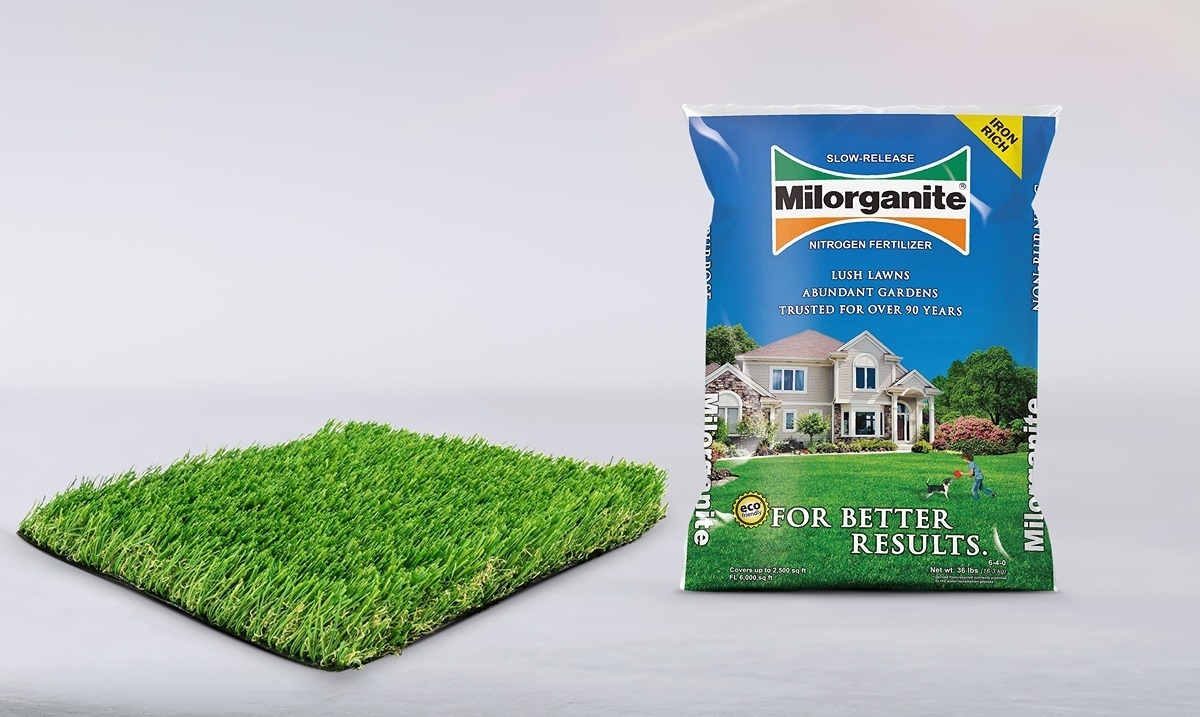
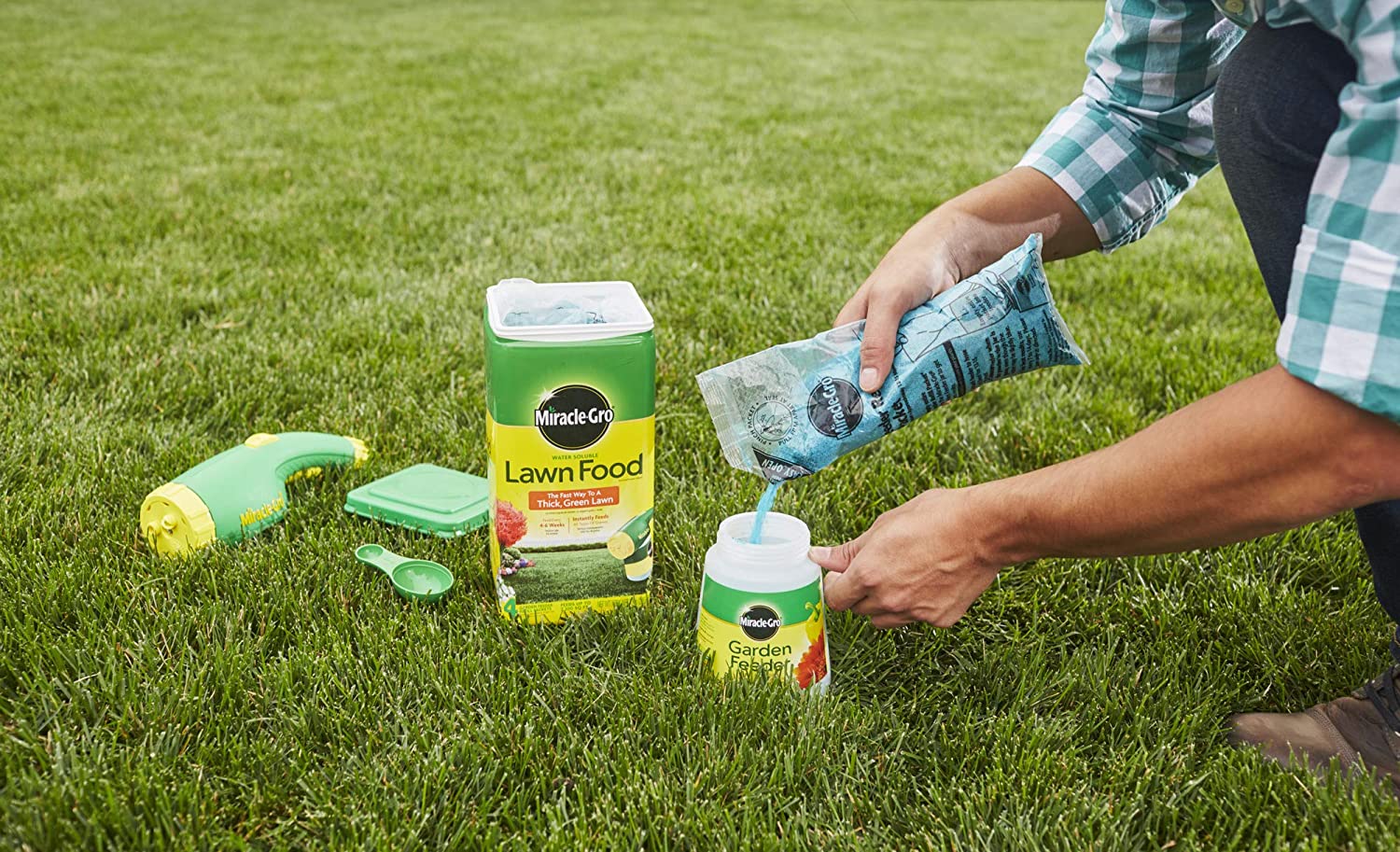
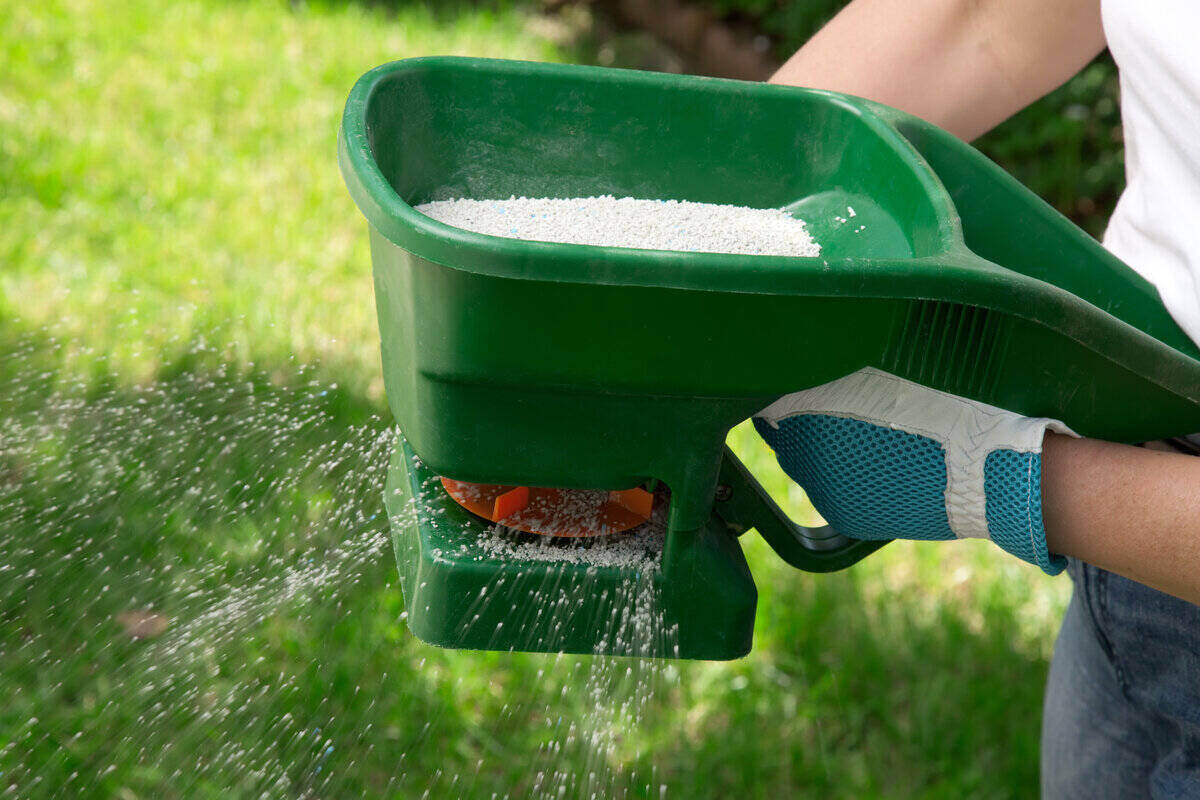

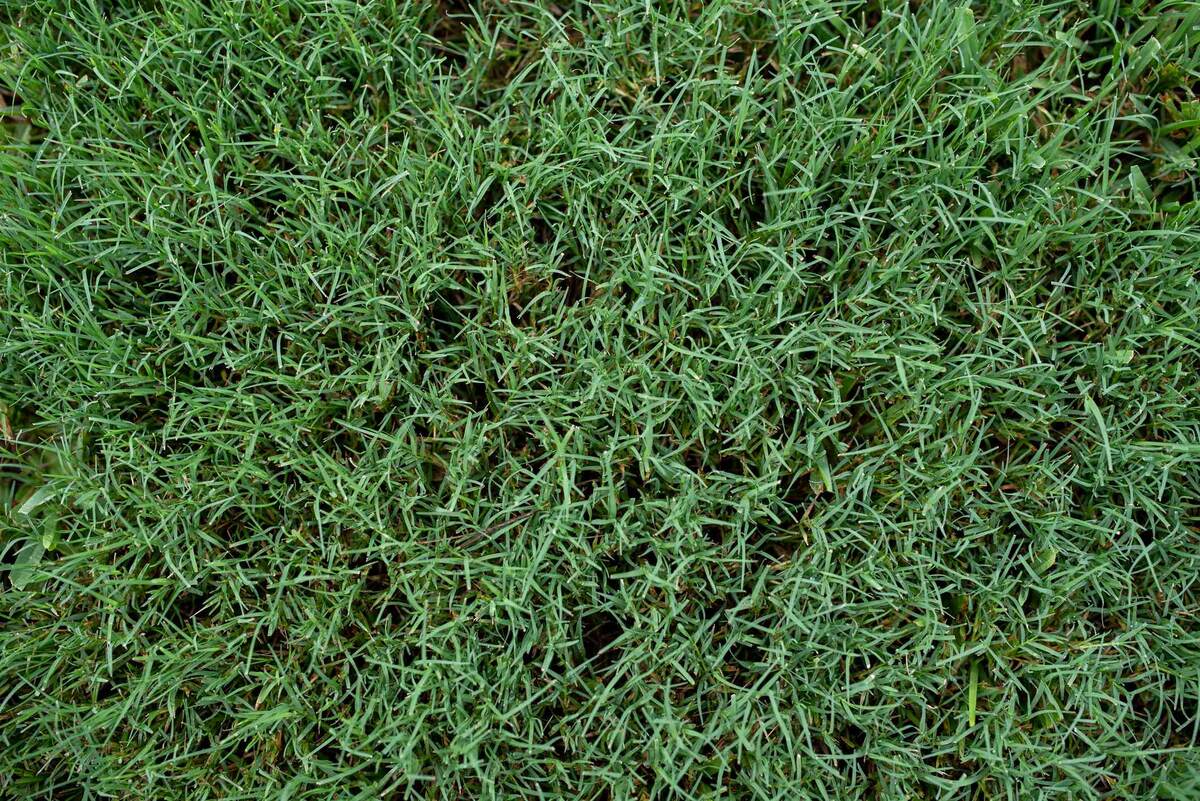
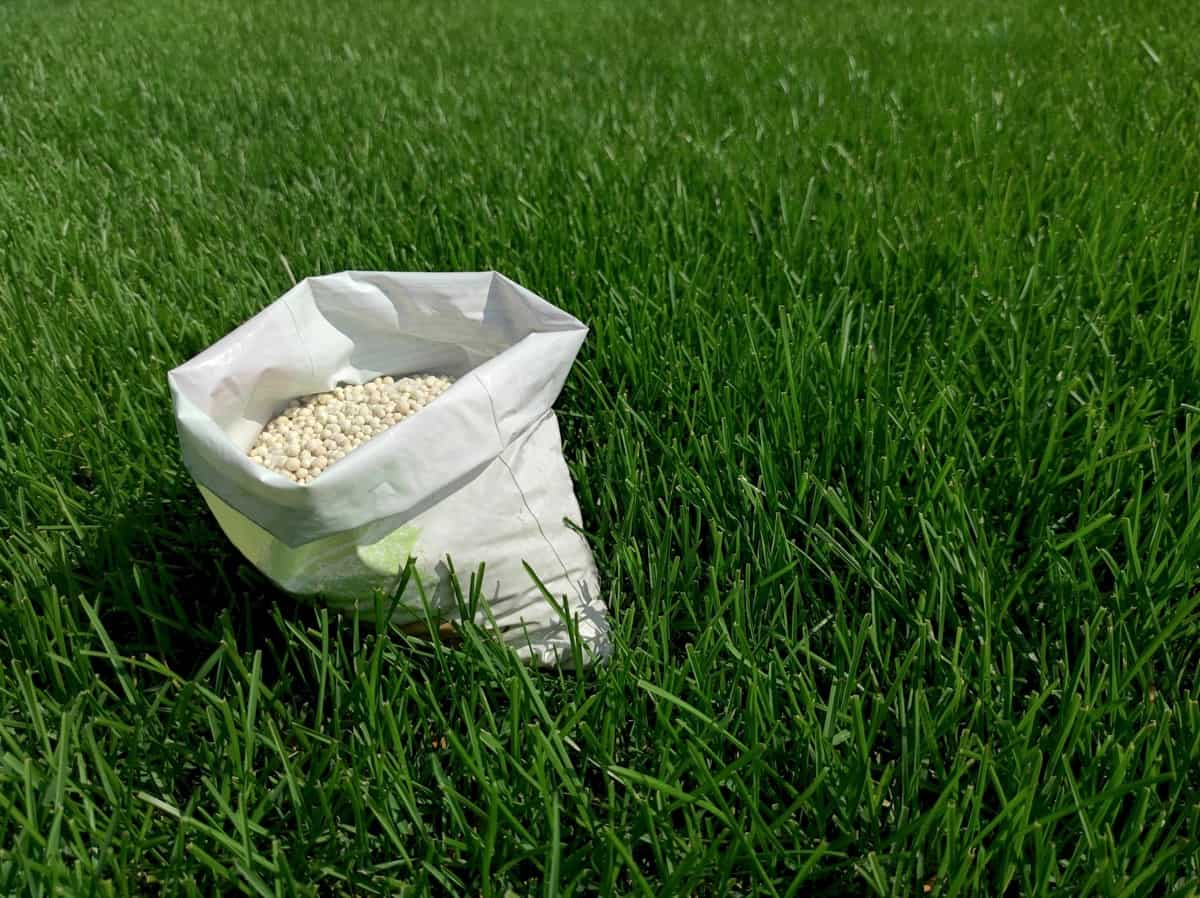
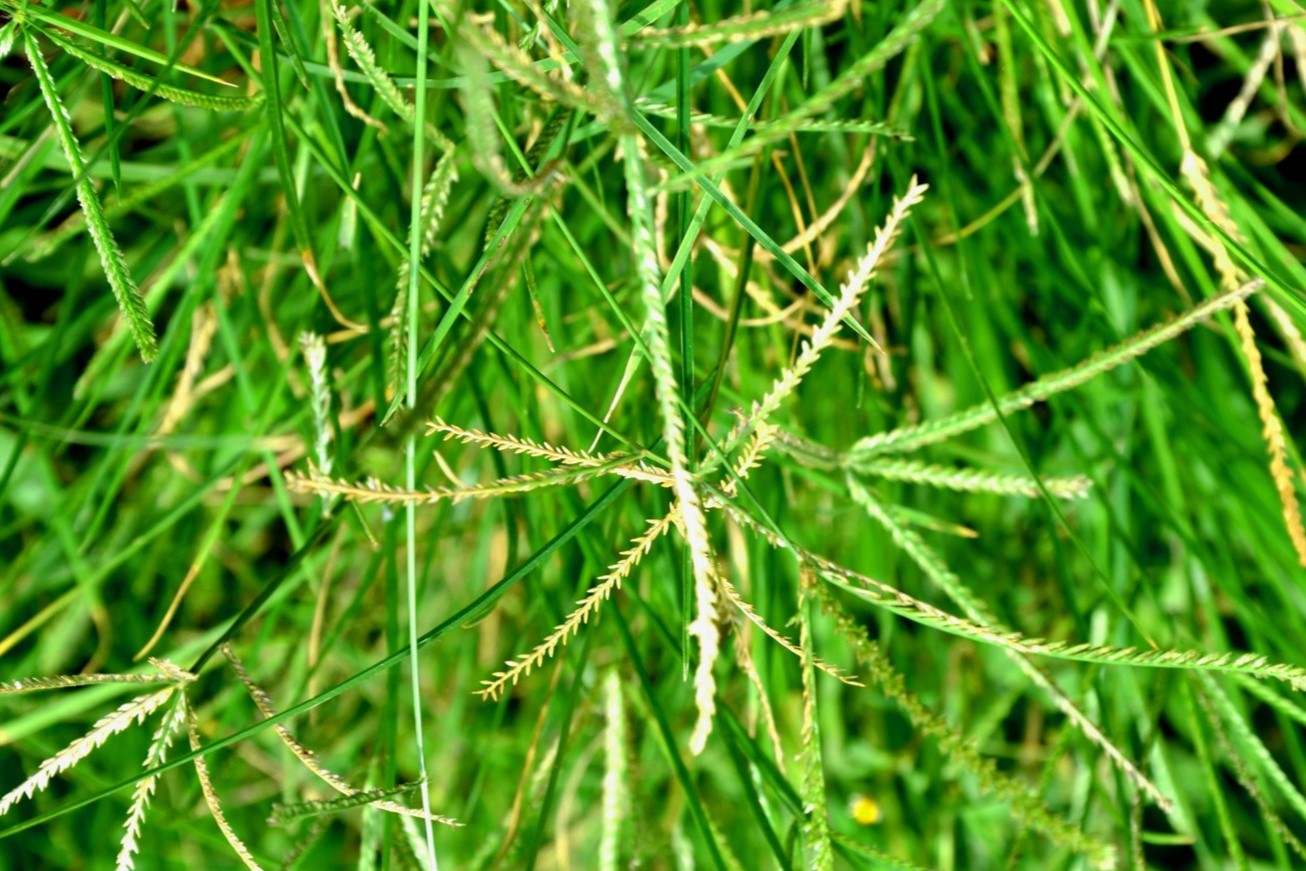

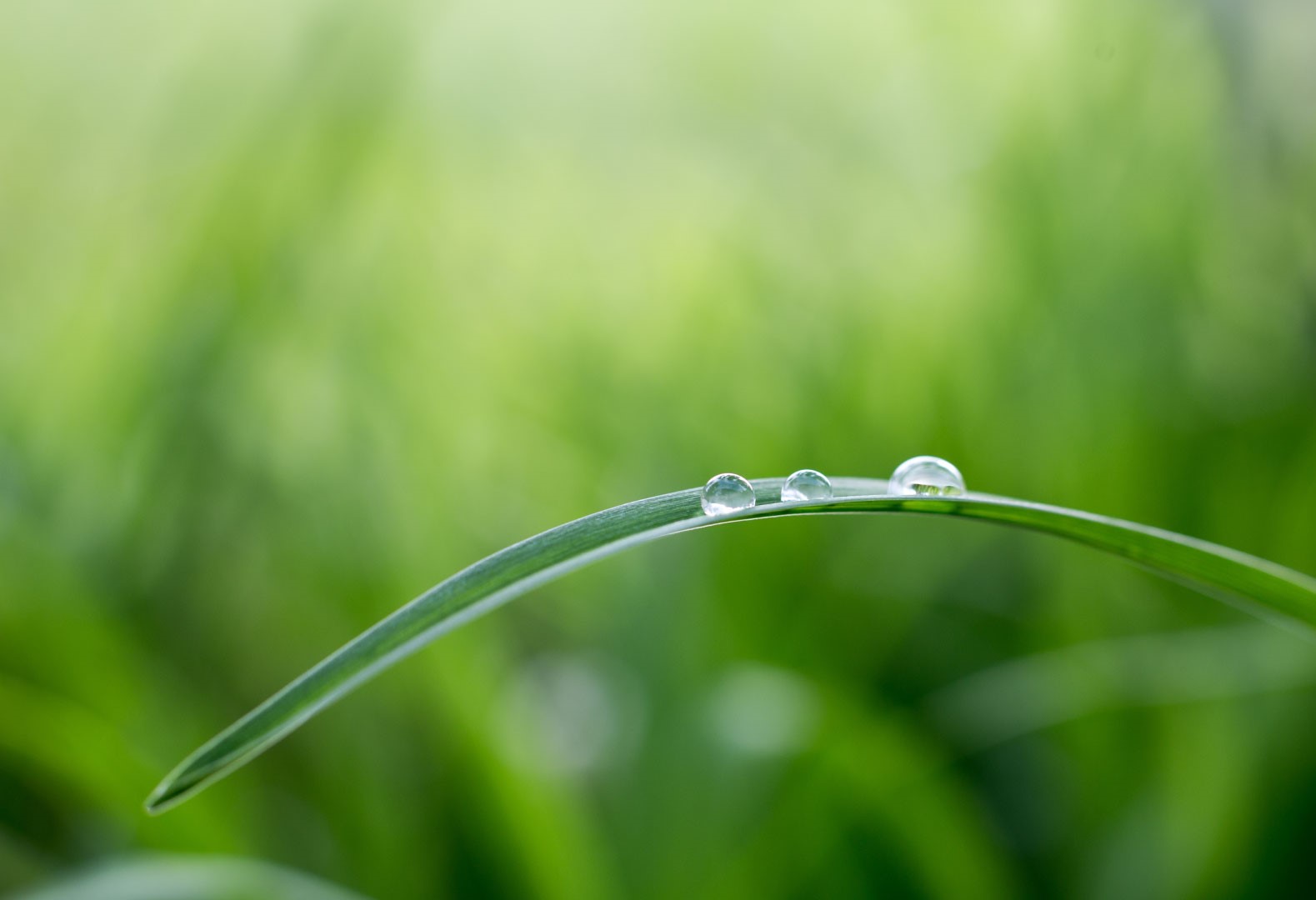

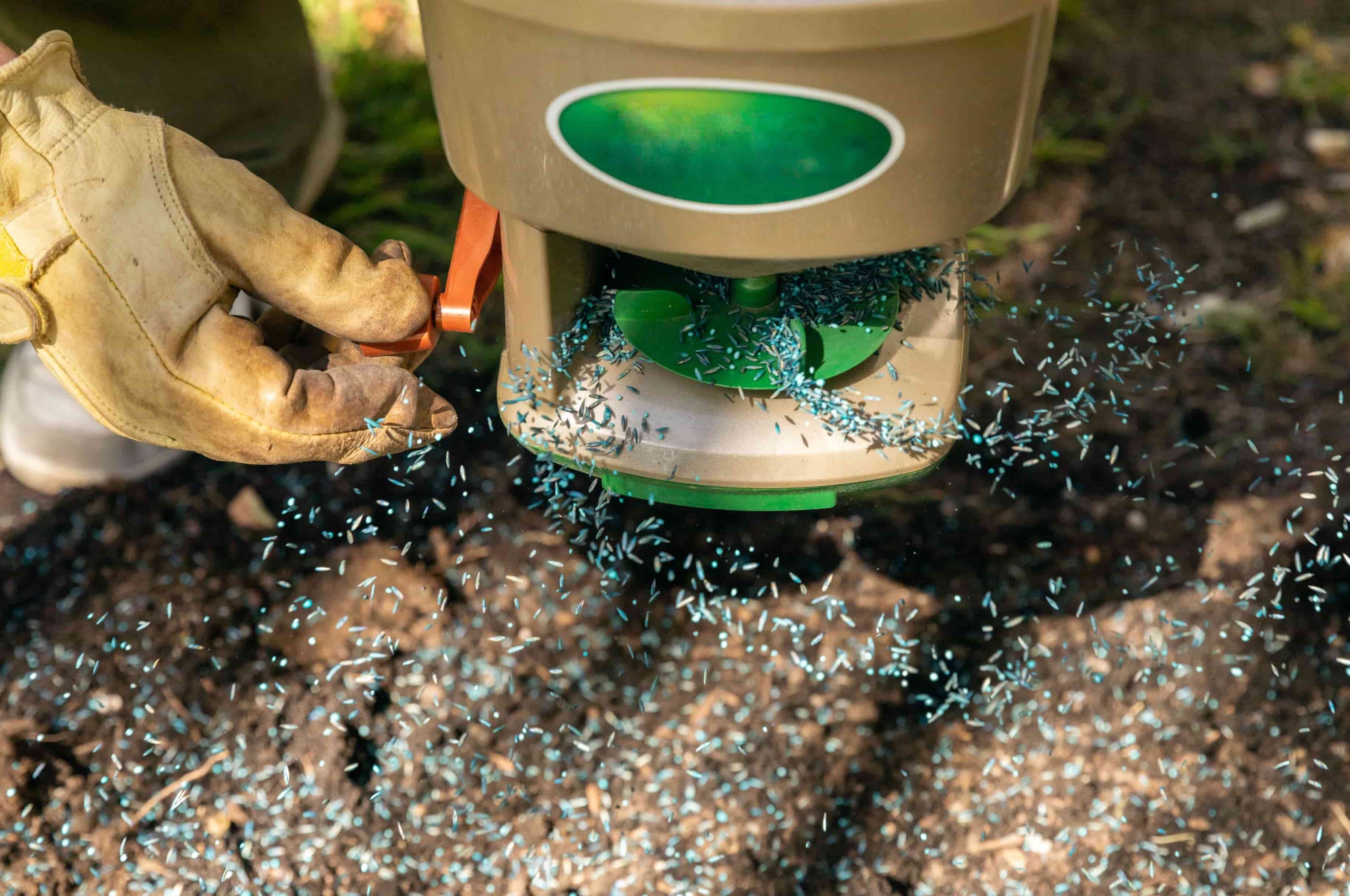

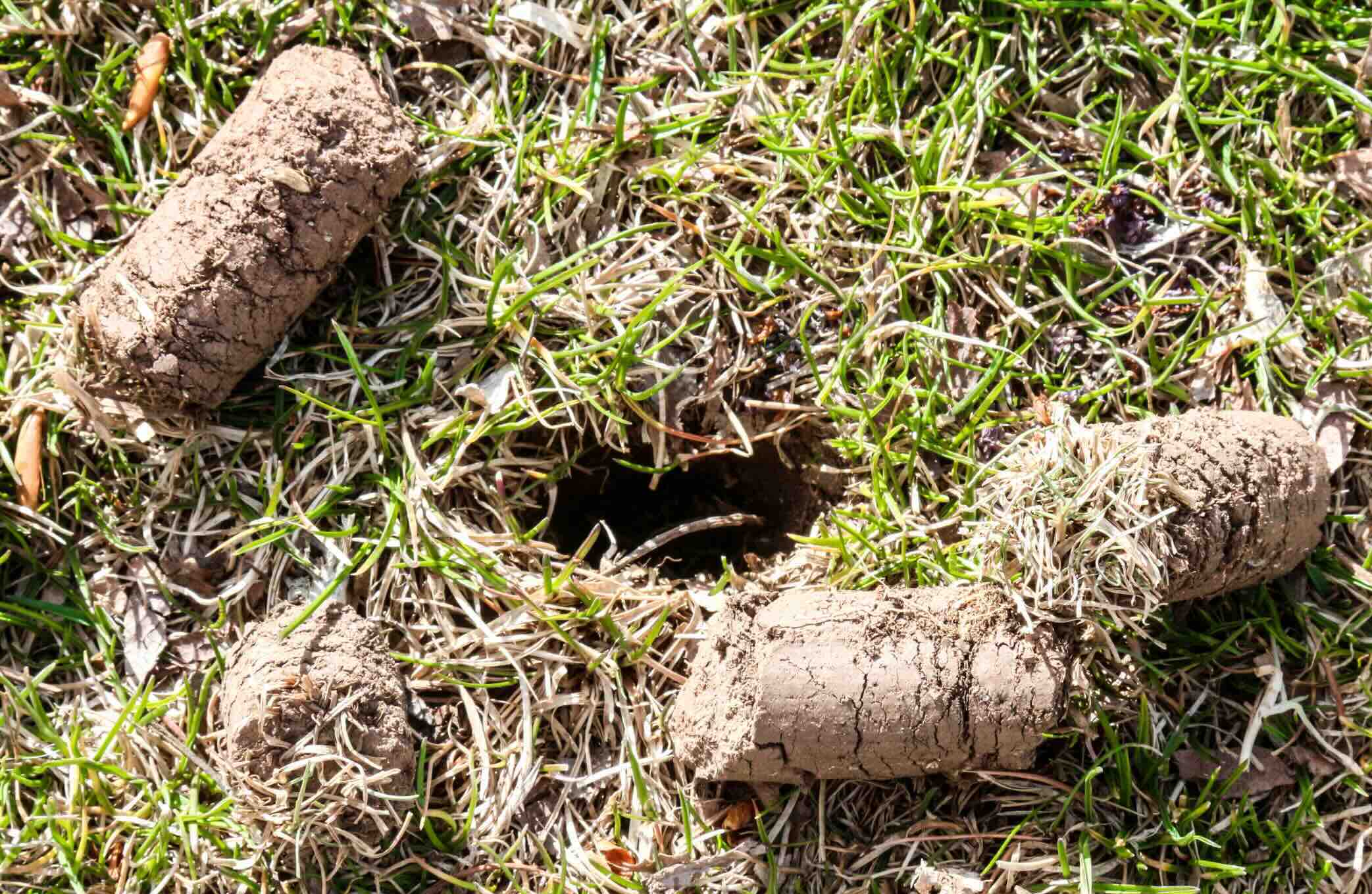
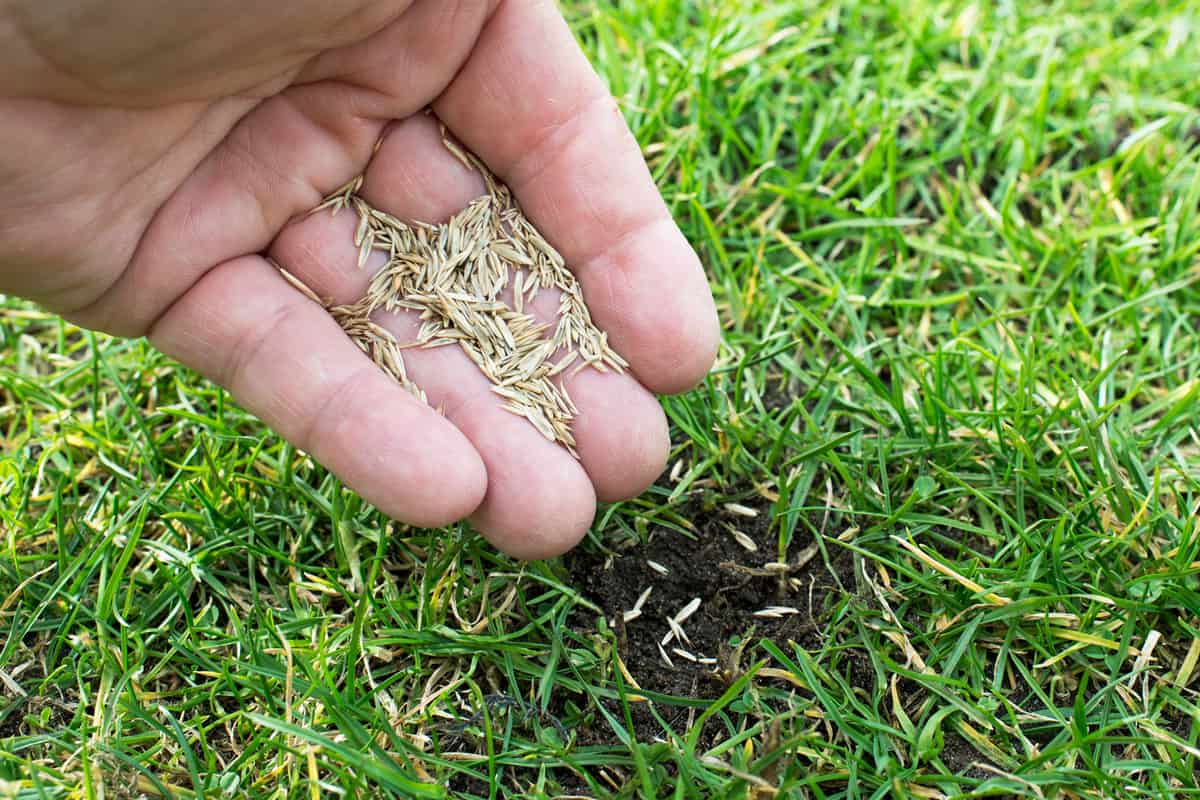

0 thoughts on “When To Fertilize My Bermuda Grass”